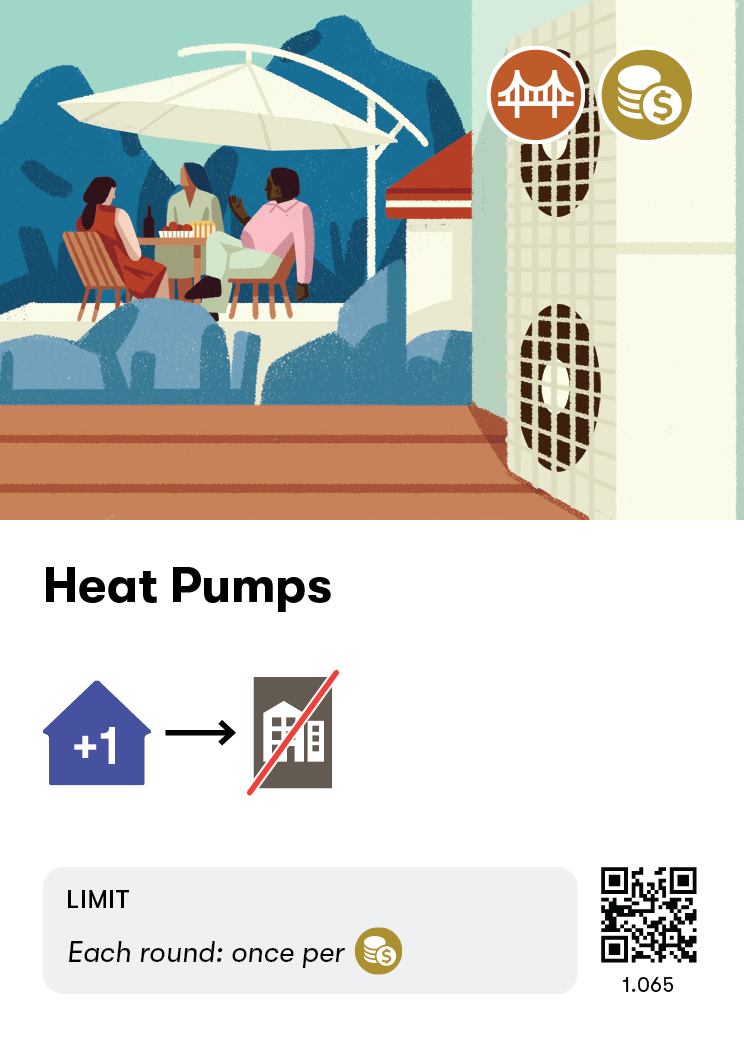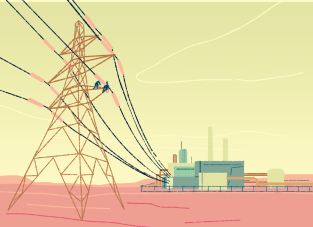Heat Pumps
Local Project
A heat pump uses electricity to pull heat from the air, water, or ground and move it somewhere else, for example into a home that needs warming up. It can move heat in different directions. A refrigerator is a heat pump, as is an air conditioner. A reversible heat pump can warm a building in the winter as well as cool it in the summer.
Building heating and cooling currently accounts for some 15% of energy use around the world. The bulk of that comes from fossil fuels, including oil, fossil gas (sometimes called ‘natural’ gas), and coal. One benefit of a heat pump is that it is much more efficient than most heat sources: you only have to put in a small amount of energy for it to extract a lot more energy from the air, water or ground. The other benefit is that it can run off electricity, which can be generated by renewable energy sources - unlike gas stoves, which are tied to a fossil fuel source.
Heat pumps are already being used in many places around the world. They aren’t cheap in all countries yet because they are a relatively new technology, but they can pay for themselves quickly through savings on fuel costs. They also are fairly easy to install.
When you take this action, increase your Energy Demand by 1 and remove 1 Buildings Emissions token from your player board.
You may take this action once per Incentive tag in this card's stack each round.

Electric heat pumps use much less energy than furnaces, and can cool houses too – here’s how they work (The Conversation)
Heat Pump (Wikipedia)
High-Efficiency Heat Pumps (Project Drawdown)
The Future of Heat Pumps (International Energy Agency, IEA)
10 heat pump myths busted (Jan Rosenow, Twitter)
If your employer is planning to construct or upgrade buildings, introduce and encourage the use of heat pumps to keep it comfortable indoors.
Switch to a high-efficiency heat pump to heat and cool your home.
Rewiring America’s Personal Electrification Planner is a helpful tool for you to switch to using heat pumps.



